Ethics are personal. Just as everybody thinks they have a good sense of humour, so everyone thinks they are ethical. That’s why it can be a challenge for companies to communicate with employees what they mean by “doing business ethically.”
![]() I’ve just been featured in a brand new Good Practice Guide by the Institute of Business Ethics – Communicating Ethical Values Internally. It’s not out until later this month, but I thought I’d give readers of my blog the inside story on what’s happening. My contribution relates to communication strategies.
I’ve just been featured in a brand new Good Practice Guide by the Institute of Business Ethics – Communicating Ethical Values Internally. It’s not out until later this month, but I thought I’d give readers of my blog the inside story on what’s happening. My contribution relates to communication strategies.
The guide provides resources for IC professionals around specific challenges that can occur when communicating ethical values. It’s well worth a read as it contains case studies, models and ideas to help you think through what it means to communicate ethical values. Plus it shows you how to do so.
Sections include:
- What are we communicating and why?
- Developing a communications strategy
- Leadership
- Your code of ethics
- Training
- Keeping momentum
- Communicating ethical values checklist.
One of my favourite parts of the 88 page guide is a table looking at the most popular values in use by companies. You can see them below:

Here Katherine Bradshaw, the guide’s author and Communications Manager at the IBE @IBEUK, writes for my blog to share her insights and what’s in the publication, which is due out later this month. I’ll update this post in the near future with info of how to get hold of it. It’s in the final stages of proofing but I’ve had the privilege of reading an early edition.
Over to you Katherine…
 How to communicate integrity
How to communicate integrity
How do you communicate something as nebulous as ‘integrity’? How can you communicate the ethical values of an organisation effectively, so that they have real meaning, and are understood and embedded in decision-making and behaviour?
The IBE defines business ethics as the ‘application of ethical values to business behaviour’
In short it is about how business is done:
- Are employees treated with dignity and respect?
- Are customers treated fairly?
- Are suppliers paid on-time?
- Does it acknowledge its responsibilities to wider society?
Sometimes, unethical behaviour may be so ingrained into a company’s culture as to be considered ‘the way business is done around here’, and so may not be considered unethical at all.
Communicating ethical values is not as simple as informing employees about facts, figures and procedures and checking they are compliant.
Business ethics is often perceived as being about misconduct, corruption, black/ white, good/bad behaviour. But ethics goes beyond compliance and springs from intrinsic values – like honesty, fairness, openness – which create shades of grey.
By the coffee machine, in the staff room, at the away day, you will often hear people talking about ethical issues without even realising it; issues of fairness, trust, conflicts of interest, dilemmas relating to colleagues or suppliers. Employees will communicate about ethics, regardless of any communication programme.
 Making smart choices
Making smart choices
Whatever channels organisations choose to use, it is the way organisations communicate how they wish employees to behave which can be the most effective tool. Unfortunately, the language of compliance still exists in many companies – it is the language of punishment and mistrust.
This characterises employees as without ethics – fraudulent and corrupt – needing to be ‘re-educated’ into the company way or face the consequences. But this approach actually decreases trust and perpetuates the myth that ethical scandals are caused by a few ‘bad apples’, without looking at the wider company culture.
Bad apples
Talking about the continuing scandals in financial services, Minouche Shafik, the Deputy Governor for Markets and Banking, Bank of England underlined this when she said “Early on one often heard the explanation ‘well it’s just a few bad apples’. I think … it is not just a few bad apples, it is actually the barrel in which they are operating, and we need to fix the barrel as well as track down the bad apples.”
This is true of all sectors, not just financial services. Too often ‘bad apples’ are blamed for ethical scandals, they are removed, and we carry on without finding out what kind of culture allowed this unethical behaviour to flourish.
 The very reason why values are the key to ethical behaviour – the fact that everyone has values and values inform everyone’s behaviour – is also the reason why ethics can be difficult to pin down.
The very reason why values are the key to ethical behaviour – the fact that everyone has values and values inform everyone’s behaviour – is also the reason why ethics can be difficult to pin down.
To change behaviour, messages about ethics not only need to be understood intellectually, they need to be part of the organisation emotionally.
As the poet and civil rights activist, Maya Angelou, said, “I’ve learned that people will forget what you said, people will forget what you did, but people will never forget how you made them feel.”
Using stories
Stories define who we are, what we do, and why and how we do it. Company culture develops from the stories we tell each other (Tweet this)
Whether those stories create an ethical narrative is another matter. Sometimes stories from the top (do as I say, not as I do); or those told by team leaders (whatever it takes); or from colleagues (everybody’s doing it) can lead to a very different culture than that espoused by the company’s stated core values.
 ‘The way things are done around here’, may subtly be working against the company’s ethical values. No matter what communications come from Head Office, employees will communicate their own stories regardless.
‘The way things are done around here’, may subtly be working against the company’s ethical values. No matter what communications come from Head Office, employees will communicate their own stories regardless.
So for example, the organisation may say that retaliation against those who speak up will not be tolerated; but the reality may be that employees believe the opposite to be the case, through the stories which are shared.
Discussions about ethics must start with concepts that touch employees’ sense of self.
As with any communication strategy, talking about ethics should be a conversation, not a monologue.
The elements of an effective ethics programme:

Use your ears
Listening to the stories in your organisation can help identify how best to communicate ethical values. What bothers people? What situations make them uneasy? Where do they have ethical problems, or perceive them for others?
 Using stories to discuss ethical issues is an opportunity to reframe ethical behaviour as a positive thing, rather than being seen as a negative – what you can do, rather than what you can’t. Stories engage and inspire people.
Using stories to discuss ethical issues is an opportunity to reframe ethical behaviour as a positive thing, rather than being seen as a negative – what you can do, rather than what you can’t. Stories engage and inspire people.
Using stories creates a shared narrative within the organisation around ethical challenges. Stories can raise awareness of the situations in which ethical dilemmas might arise and provide staff with the tools, methodology and a framework to resolve any problems in line with company values.
To communicate ethical values effectively in order to embed an ethical culture, these stories need to be reframed as positive ones, where doing the right thing is celebrated and rewarded.
The stories we tell should cast employees as the heroes. They are the guardians of the company’s ethical culture; they are the protectors of its reputation Tweet this
Being open and honest about ethical problems, for example, strategic decisions which held an ethical dilemma; documenting the outcomes of what happens when employees speak up about concerns; and celebrating employees who go the extra ethical mile – can all be used as stories to communicate values in action.
Post author: Katherine Bradshaw.
Thank you Katherine, I really enjoyed reading the guide and think it’s a fantastic resource for comms pros.
What do you think of what you’ve read? Do you have an example to share of how your company is communicating effectively? I’d love to hear from you. See the How I blog and guidelines page to read the guest article guidelines and do please get in touch.
You’re also welcome to Tweet me @AllthingsIC or comment below.
Rachel
Post author: Katherine Bradshaw. First published on All Things IC blog 1 May 2015.
Learn more about communication
Sign up to an All Things IC Masterclass – 2017 dates now live:











[…] The only way is ethics – how to communicate integrity […]
[…] years ago I published an article on the All Things IC blog called The only way is ethics, which featured the Institute of Business […]
[…] post: The only way is ethics – published […]